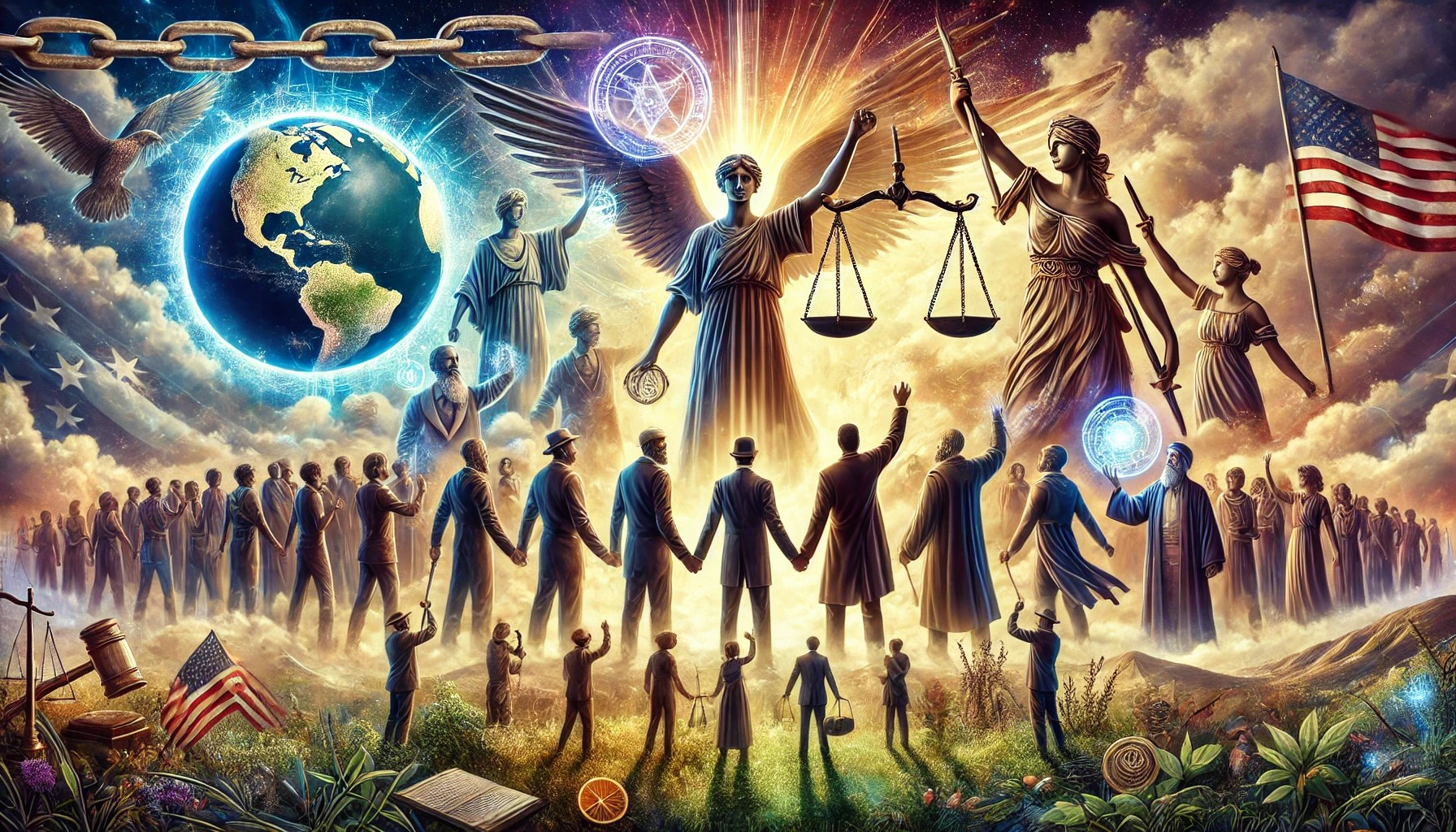
Welcome to $THANKS COIN
Your online home for the celebration of gratitude and positive vibes. Our goal is to foster a global movement, fueled by the unique energy of our meme coin, to spread appreciation and mutual support in online communities and beyond. Here, we not only share inspiring stories and explore the many aspects of gratitude, but we also provide a platform where each of us can make a difference through small gestures of appreciation.
In our community, you are encouraged to share your successes, face challenges with optimism and most importantly, appreciate the little things in life. We firmly believe that gratitude is a powerful force that can change not only our own world, but also the world of those around us for the better.
Step into a space where positivity and gratitude reign. Connect with like-minded people who believe that a small gesture of gratitude can create a huge wave of good. Together, let’s take this wave of gratitude out into the world and show that gratitude and digital innovation can go hand in hand to create a brighter, kinder world.
Welcome to $THANKS COIN – where we change the world together, one thank you at a time.
Join our Telegram Group $THANKS COIN
CA: 3vJrZa8zR6Et7cEAfAWBszeaESqRM7zLdPBjDJmZSgup
29. July 2024 Abraham Lincoln (1809 – 1865)

🏞️ “Those who deny freedom to others deserve it not for themselves.”
Description: Scholars and enthusiasts alike believe this portrait of Abraham Lincoln, taken on November 8, 1863, eleven days before his famed Gettysburg Address, to be the best photograph of him ever taken. Lincoln’s character was notoriously difficult to capture in pictures, but Alexander Gardner’s close-up portrait, quite innovative in contrast to the typical full-length portrait style, comes closest to preserving the expressive contours of Lincoln’s face and his penetrating gaze.
Source: museums.fivecolleges.edu
Author: Alexander Gardner (1821–1882)
Abraham Lincoln highlights the moral imperative to support and defend the freedom of all individuals. Advocate for the freedom of all. Our collective freedom depends on the liberation of everyone. Stand up for the rights of others, knowing that true justice and liberty are only achieved when everyone is free. 🌍✨
Today, take a moment to reflect on how you can support and uplift those whose freedoms are at risk. Whether it’s through advocacy, education, or simple acts of kindness, your efforts can make a significant difference. 🌟💪
Remember, the fight for freedom is a shared responsibility. By standing up for the rights of others, you contribute to a more just and equitable world. Embrace the power of collective action and let your voice be a force for positive change. 🕊️🤝
Abraham Lincoln, born on February 12, 1809, in a log cabin in Hardin County (now LaRue County), Kentucky, was the 16th President of the United States and one of the most revered figures in American history. His presidency, from March 1861 until his assassination in April 1865, was marked by the Civil War, a conflict that threatened the survival of the United States.
Lincoln grew up in a poor family and had little formal education, but he was an avid reader and self-taught himself in law, eventually becoming a successful lawyer. His political career began in the Illinois State Legislature, and he served a single term in the U.S. House of Representatives from 1847 to 1849.
Lincoln rose to national prominence during the 1858 debates with Senator Stephen A. Douglas, where he articulated his opposition to the expansion of slavery. These debates highlighted his eloquence and moral clarity, leading to his selection as the Republican Party’s presidential candidate in 1860.
Elected as president in 1860, Lincoln faced the secession of Southern states and the outbreak of the Civil War. His leadership during this tumultuous period was pivotal. He is best remembered for his Emancipation Proclamation in 1863, which declared that all slaves in Confederate-held territory were to be set free, and for his Gettysburg Address, a profound speech that redefined the purpose of the war and highlighted the principles of liberty and equality.
Lincoln’s vision extended beyond ending slavery; he aimed to preserve the Union and lay the foundation for a more just and equitable society. Under his leadership, the Thirteenth Amendment, which abolished slavery throughout the United States, was passed by Congress and ratified by the states.
Tragically, Lincoln’s life was cut short when he was assassinated by John Wilkes Booth on April 14, 1865, just days after the end of the Civil War. He died the following day, April 15, 1865.
Abraham Lincoln’s legacy endures through his contributions to the principles of liberty, equality, and national unity. He is often cited as one of the greatest U.S. presidents, remembered for his leadership, his eloquence, and his unwavering commitment to human rights and democracy. His life and presidency continue to inspire and influence leaders and citizens around the world.
